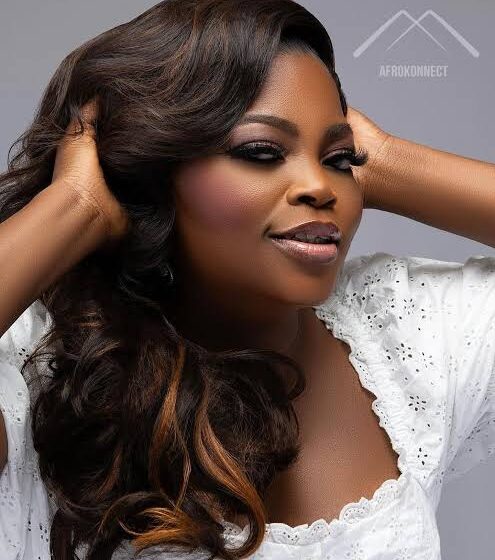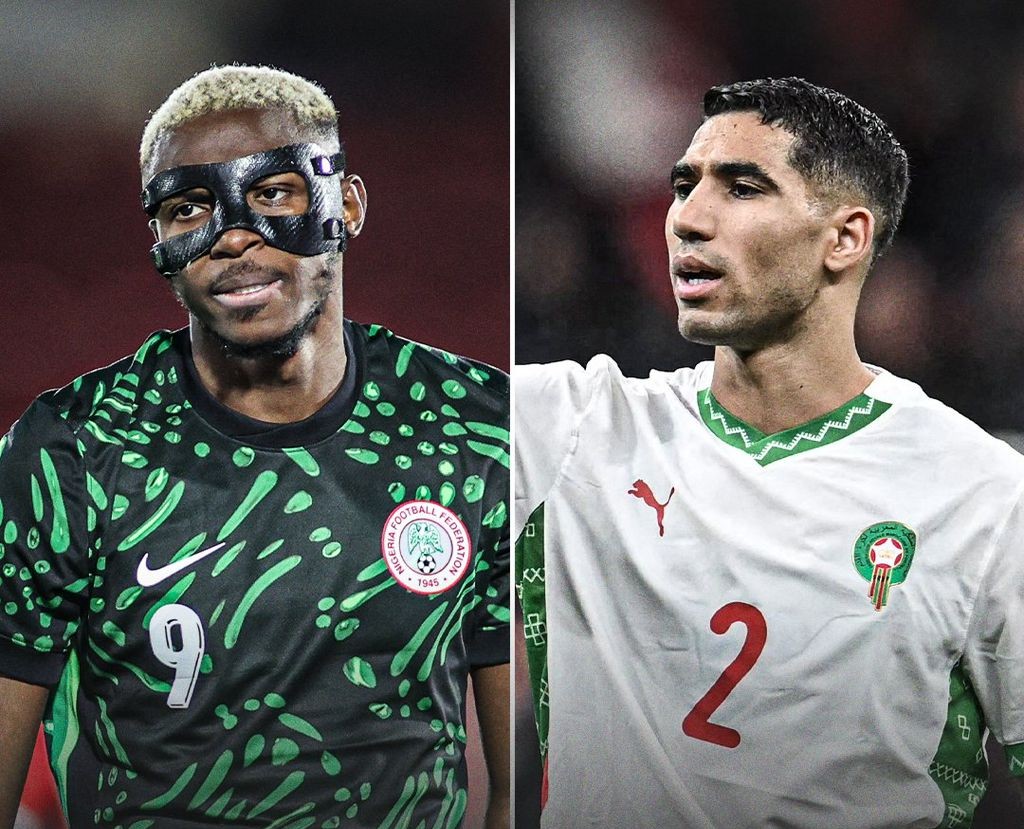How Funke Akindele’s Jenifa transformed Nollywood, the world

Photo of Nigerian movie producer and actress, Funke Akindele. Photo Credit- Africonnect/Instagram
Since its debut in 2008, Funke Akindele’s “Jenifa” franchise has become a cinema giant, leaving an indelible mark on Nollywood, Nigeria, and the global entertainment landscape. What began as a comedic film about a village girl exploring the complexities of urban life has evolved into a growing empire, spanning movies, a hit TV series (Jenifa’s Diary), and spin-offs like Aiyetoro Town, that goes beyond Nigeria and Nigerians.
Funke Akindele, not only created an iconic character but also redefined the industry’s storytelling, and global reach. With the release of Everybody Loves Jenifa, now the highest-grossing Nigerian film of all time, surpassing her own “A Tribe Called Judah,” the Jenifa phenomenon has solidified its legacy. This piece is set to explore how Jenifa revolutionized Nollywood’s creative and commercial landscape, became a cultural standard for Nigerians, and elevated African cinema on the world stage, all while empowering a new generation of storytellers and audiences.
Jenifa’s impact in Nigerian cinema (Nollywood)
The Jenifa franchise, which began with the 2008 film Jenifa, has become a cornerstone of Nollywood, evolving into a sprawling universe that includes sequels, a TV series, and spin-offs. Funke Akindele, who created, stars as, and most times directs these projects, has used Jenifa to redefine storytelling in Nigerian cinema.
The original Jenifa film (2008) introduced the character as a humorous, uncivilized young woman navigating life’s challenges with a mix of naivety and resilience. The film’s success led to sequels like The Return of Jenifa (2011) and Everybody Loves Jenifa (2024), as well as the TV series Jenifa’s Diary (2015), Aiyetoro Town (2019), and Jenifa on Lockdown (2021). This expansive franchise demonstrates Akindele’s ability to sustain a character’s relevance almost two decades, something so rare in Nollywood where franchises often struggle to maintain momentum and relevance.
Akindele’s production company, Funke Akindele Network (FAAN), champions homegrown Nigerian stories. Her versatility as an actor, writer, director, and producer allows her to maintain creative control, ensuring Jenifa’s narrative remains authentic. For example, Everybody Loves Jenifa combines comedy with drama, tackling themes like community unity and self-acceptance, while introducing fresh elements like a Ghana-Nigeria dual narrative. Despite some criticism of narrative irregularities, the film’s attempt to innovate shows Akindele’s willingness to push boundaries.
RELATED STORIES
Movie review: What to know about Funke Akindele’s Finding Me
#IWD2023: Biodun Stephen, Funke Akindele… five women blazing the trail in film industry
Movie Review: What to know about EbonyLife Studios’ Baby Farm
Cultural significance of Jenifa
Jenifa, as a character, has transcended entertainment to become a cultural icon in Nigeria and beyond, embodying the struggles and triumphs of the everyday person while challenging societal norms.
Jenifa’s character, often depicted as a loud, mannerless, yet adorable and loving woman, mirrors the experiences of many Nigerians, particularly women from humble backgrounds striving for better lives. Her journey from a village girl to a community leader (as seen in Everybody Loves Jenifa, where she organizes a cultural festival and a charity gala) reflects themes of resilience and self-improvement. This connection of social reality and cinema has made Jenifa a household name, with her catchphrases and mannerisms spreading throughout Nigeria’s entertainment.
Akindele uses Jenifa to challenge stereotypes about women in Nigerian society. Akindele dismissed the notion of women as the “weaker sex,” emphasizing their strength and resilience, qualities Jenifa embodies. Whether surviving assassination attempts or confronting adversaries like Lobster in Everybody Loves Jenifa, Jenifa’s character showcases women as capable leaders, a narrative that resonates with Akindele’s advocacy for women’s empowerment.
Jenifa’s global impact and empowerment
Jenifa’s influence extends beyond entertainment, impacting societal attitudes and empowering communities, particularly women. In Everybody Loves Jenifa, Jenifa’s charity event and cultural festival symbolize her commitment to uplifting her community, a theme that mirrors Akindele’s real-life efforts, where she has constantly challenged societal norms that stigmatized women as well as empower the lives of people in the lowest strata of the society. The film’s plot where Jenifa confronts challenges from a rival charity organization and survives threats, is similar to Akindele’s advocacy for resilience and unity.
The Hollywood Reporter feature underscores Jenifa’s role in changing the “face of global cinema.” By centering Nigerian stories, Akindele has brought African narratives to international audiences, challenging Hollywood’s dominance. The film’s dual Nigeria-Ghana setting and its diaspora success ($100,000 opening weekend) show how Jenifa bridges African cultures and connects with global audiences, increasing the powers of Nollywood.Jenifa’s journey, from her early days in the 2008 film to her leadership in Everybody Loves Jenifa, inspires audiences to embrace self-acceptance and forgiveness. Her triumph over adversity, like surviving kidnapping and torture in the 2024 film resonates with viewers facing their own challenges, making Jenifa a symbol of hope and perseverance.
Conclusion
Jenifa’s impact is comes in different ways and forms: the character is a cinematic phenomenon, a cultural icon, and a symbol of empowerment for the world. Through Funke Akindele’s vision, Jenifa has reshaped Nollywood, giving voice to authentic Nigerian stories while inspiring global audiences. Her recognition in The Hollywood Reporter on May 10, 2025, shows her international influence, while her billion-naira box office collection with Everybody Loves Jenifa makes her important to Nigeria’s economy. More than just a character, Jenifa has become a movement, empowering women, uniting communities, and proving that African narratives can have a global appeal.




